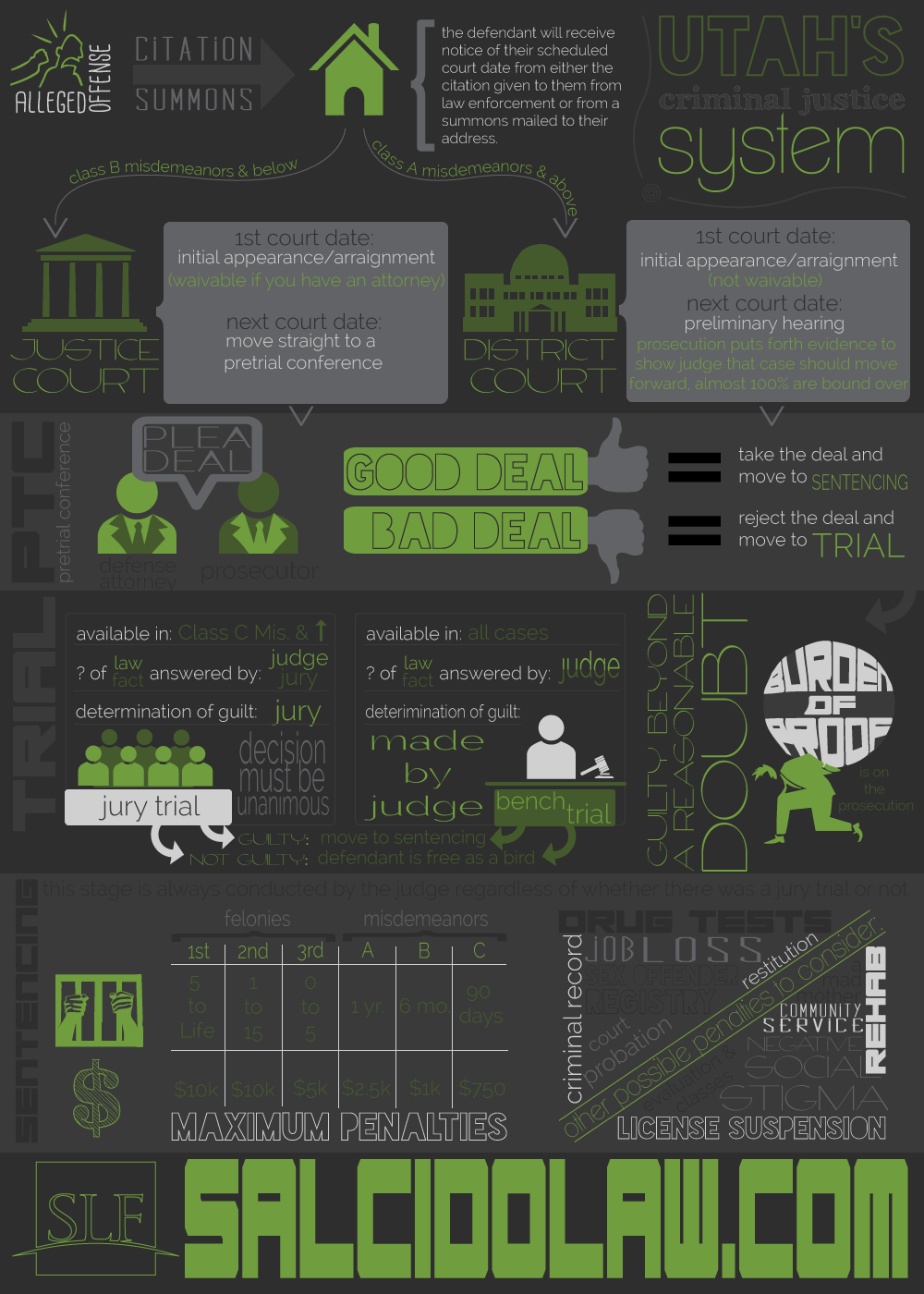Acknowledging The Considerable Duty That Evidence Plays In Criminal Defense Can Make A Significant Distinction; Find Out About The Key Elements That Might Affect The Resolution Of Your Instance
Acknowledging The Considerable Duty That Evidence Plays In Criminal Defense Can Make A Significant Distinction; Find Out About The Key Elements That Might Affect The Resolution Of Your Instance
Blog Article
Content Writer-Kennedy McCormack
When you consider criminal protection, proof is usually the first thing that comes to mind, and for good reason. It's the structure upon which your situation stands, shaping the story and influencing the court's assumption. Different kinds of evidence, from physical to digital, each play a special duty in developing a protection. Yet not all proof is treated just as; admissibility standards can make or break your defense method. Recognizing these subtleties is vital, specifically when taking into consideration just how they can influence the outcome of a test. So, what should you know about these requirements?
Kinds of Proof
When it concerns criminal protection, understanding the kinds of evidence can make all the distinction in your instance. Proof falls into a number of categories, each playing a critical duty in establishing the truths of your situation.
One common type is testimonial proof, that includes statements made by witnesses. Their accounts can provide insight into what happened and can either sustain or test the prosecution's insurance claims.
Physical proof is an additional critical type, encompassing concrete products like weapons, clothes, or fingerprints. This sort of proof can straight connect you to a crime or aid refute claims against you.
Then there's documentary proof, that includes documents, photographs, or any kind of written materials important to your situation. These papers can supply a timeline or context that's necessary for your defense.
Last but not least, you can't neglect electronic evidence, which includes information from mobile phones, computers, or social media sites. This type of evidence can disclose essential details about your activities or communications.
Admissibility Requirements
In criminal protection, the admissibility of evidence is critical to your case's outcome. You'll require to understand the standards that figure out whether proof can be utilized in court. Normally, proof has to be relevant, reliable, and obtained legally to be taken into consideration admissible.
Relevance means the evidence must directly relate to the instance and assistance show or disprove a reality at issue. If it doesn't link to your defense or the fees against you, it might be left out.
Reliability makes certain that the evidence is credible and trustworthy; as an example, eyewitness statement can be brought into question if the witness has a history of unreliable accounts.
Additionally, proof has to be gathered based on lawful treatments. Any type of proof acquired with illegal methods, such as an unlawful search or seizure, may be considered inadmissible under the exclusionary regulation.
Recognizing these requirements can encourage you to function effectively with your attorney. They'll browse the complexities of these guidelines to enhance your protection, guaranteeing only the best evidence exists in your support.
Always remember, the admissibility of evidence can considerably influence the jury's understanding of your case.
Effect On Protection Methods
The admissibility of evidence directly forms your protection strategies. When proof is deemed permissible, you can utilize it to construct a solid case. Alternatively, if proof is ruled inadmissible, you require to pivot your strategy. Comprehending what evidence the prosecution can provide aids you expect their disagreements and prepares you to counter them effectively.
You'll intend to focus on gathering proof that sustains your defense. This could include witness declarations, specialist testimony, or documents that challenge the prosecution's cases. The objective is to produce reasonable doubt in the minds of the jurors. If specific items of evidence are weak or controversial, you might consider a strategy that highlights various other strong aspects of your situation.
Furthermore, the kind of evidence-- whether it's forensic, testimonial, or electronic-- will determine exactly how you connect your protection. You'll need to craft engaging stories that resonate with the court while using acceptable evidence to support your claims.
Inevitably, your strategy needs to be adaptable, permitting you to adapt as new evidence emerges or as judgments are made. Each choice you make need to align with the objective of ensuring the very best possible end result for your instance.
Final thought
In criminal protection, evidence plays a crucial duty in shaping your case. By recognizing the different types of evidence and their admissibility criteria, you can enhance your protection technique and create practical uncertainty psychological of jurors. Teaming up very closely with your legal advise makes sure that your evidence exists properly and adapts to any kind of brand-new growths during the trial. Eventually, the appropriate evidence can make all the distinction in accomplishing a beneficial result.
